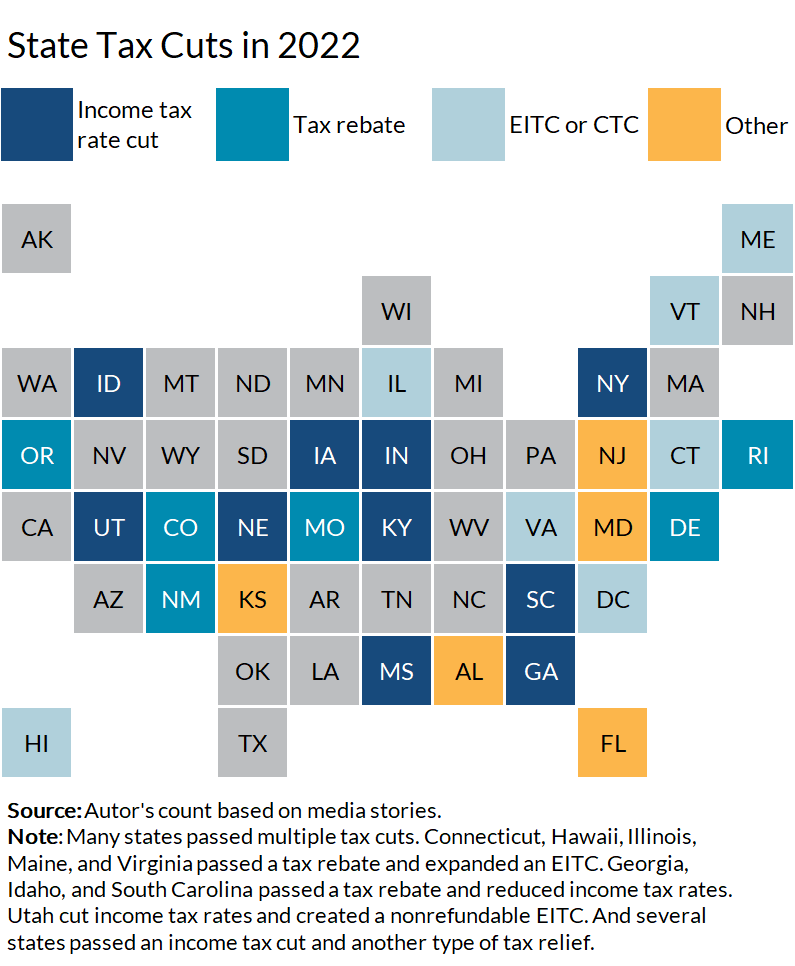How Does Divorce Impact Your Estate Plan?
The aftermath of a divorce – or even the prospect of a divorce – can have a dramatic impact on everyone involved. The financial ramifications alone can last for years to come. If there are significant assets involved, the financial fallout from a divorce will almost certainly impact your estate plan as well. Whether you are simply being prudent and planning for the possibility of a future divorce or you have recently gone through a divorce, you need to consider the estate planning ramifications. Toward that end, the Indianapolis estate planning lawyers at Frank & Kraft discuss how divorce can impact your estate plan.
Planning for the Possibility of Divorce
Although there was once a significant negative stigma associated with prenuptial agreements, they are now common. A prenuptial agreement is a contract enter into between two parties in contemplation of marriage and that takes effect when the couple are legally married. A prenuptial agreement can cover things such as property division upon divorce, financial responsibilities during marriage, spousal support, and the distribution of estate assets if one spouse dies. A postnuptial agreement effectively accomplishes the same thing as a prenuptial agreement; however, it is entered into after marriage.
During or After a Divorce
It can be easy to overlook the impact a divorce on other aspects of your life given the emotional nature of the process. If you are going through a divorce, it is important to know that your estate plan should be reviewed and likely revised during and/or after your divorce. Some revisions that you will likely need to make include:
- Estate Plan Documents. Changing bequests in your Will or provisions in a trust will almost certainly need to be accomplished. You may also need to amend your Will to appoint a different Executor or amend a trust to appoint a replacement Trustee. If your spouse is your agent in an advanced directive or power of attorney, you will also likely want to revise or revoke these documents.
- Beneficiary Designations. Your spouse is probably listed as the beneficiary of your retirement accounts, life insurance, and financial accounts. When you divorce, you should review these accounts and make any desired changes to the listed beneficiaries. Keep in mind, however, that state and/or federal law may prohibit you from removing your spouse as the beneficiary of certain accounts while a divorce is pending so always check with an experienced attorney before making changes. You may also be required, as part of the divorce settlement, to maintain a life insurance policy for your minor children naming your spouse as the beneficiary.
- Asset Division. Be sure that you are clear on what assets are subject to division in the divorce and what assets are considered separate property. Even inherited property that starts out as separate property in most states can become marital property if it was co-mingled during the marriage. With retirement and pension accounts, the portion of the account that was accumulated during the marriage is usually subject to division in a divorce. To be sure that the assets you end up with are protected in the future be sure to consult with your estate planning attorney.
Contact Indianapolis Estate Planning Lawyers
For more information, please join us for an upcoming FREE seminar. If you have additional questions or concerns about how divorce impacts your estate plan, contact the experienced Indianapolis estate planning lawyers at Frank & Kraft by calling (317) 684-1100 to schedule an appointment.
Paul Kraft is Co-Founder and the senior Principal of Frank & Kraft, one of the leading law firms in Indiana in the area of estate planning as well as business and tax planning.
Mr. Kraft assists clients primarily in the areas of estate planning and administration, Medicaid planning, federal and state taxation, real estate and corporate law, bringing the added perspective of an accounting background to his work.
Latest posts by Paul A. Kraft, Estate Planning Attorney (see all)






